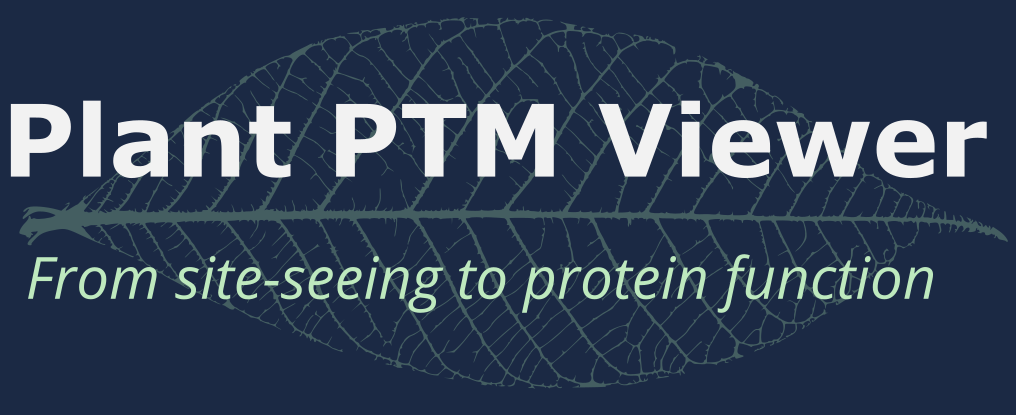Publication Information
Umezawa et al., 2013
No external accession available
Abstract
Sci Signal. 2013 Apr 9;6(270):rs8. doi: 10.1126/scisignal.2003509.
Genetics and phosphoproteomics reveal a protein phosphorylation network in the
abscisic acid signaling pathway in Arabidopsis thaliana.
Umezawa T(1), Sugiyama N, Takahashi F, Anderson JC, Ishihama Y, Peck SC,
Shinozaki K.
Author information:
(1)Faculty of Agriculture and Graduate School of Bio-Applications and Systems
Engineering, Tokyo University of Agriculture and Technology, 2-24-16 Naka-cho,
Koganei, Tokyo 184-8588, Japan. taishi@cc.tuat.ac.jp
Abscisic acid (ABA) is a phytohormone that regulates diverse plant processes,
including seed germination and the response to dehydration. In Arabidopsis
thaliana, protein kinases of the SNF1-related protein kinase 2 (SnRK2) family
are believed to transmit ABA- or dehydration-induced signals through
phosphorylation of downstream substrates. By mass spectrometry, we identified
proteins that were phosphorylated in Arabidopsis wild-type plants, but not in
mutants lacking all three members of the SnRK2 family (srk2dei), treated with
ABA or subjected to dehydration stress. The number of differentially
phosphorylated peptides was greater in srk2dei plants treated with ABA than in
the ones subjected to dehydration, suggesting that SnRK2 was mainly involved in
ABA signaling rather than dehydration. We identified 35 peptides that were
differentially phosphorylated in wild-type but not in srk2dei plants treated
with ABA. Biochemical and genetic studies of candidate SnRK2-regulated
phosphoproteins showed that SnRK2 promoted the ABA-induced activation of the
mitogen-activated protein kinases AtMPK1 and AtMPK2; that SnRK2 mediated
phosphorylation of Ser(45) in a bZIP transcription factor, AREB1 (ABA-responsive
element binding protein 1), and stimulated ABA-responsive gene expression; and
that a previously unknown protein, SnRK2-substrate 1 (SNS1), was phosphorylated
in vivo by ABA-activated SnRK2s. Reverse genetic analysis revealed that SNS1
inhibited ABA responses in Arabidopsis. Thus, by integrating genetics with
phosphoproteomics, we identified multiple components of the ABA-responsive
protein phosphorylation network.
DOI: 10.1126/scisignal.2003509
PMID: 23572148 [Indexed for MEDLINE]

